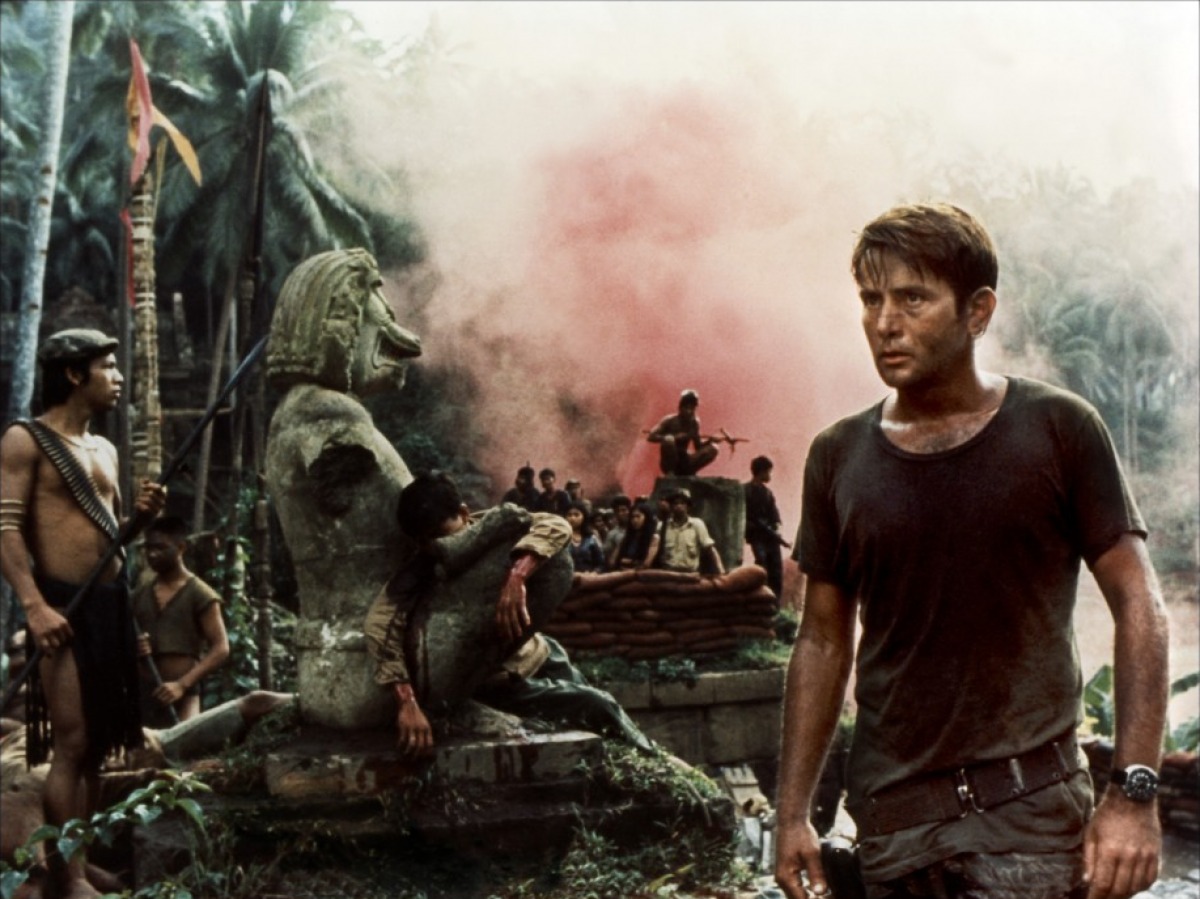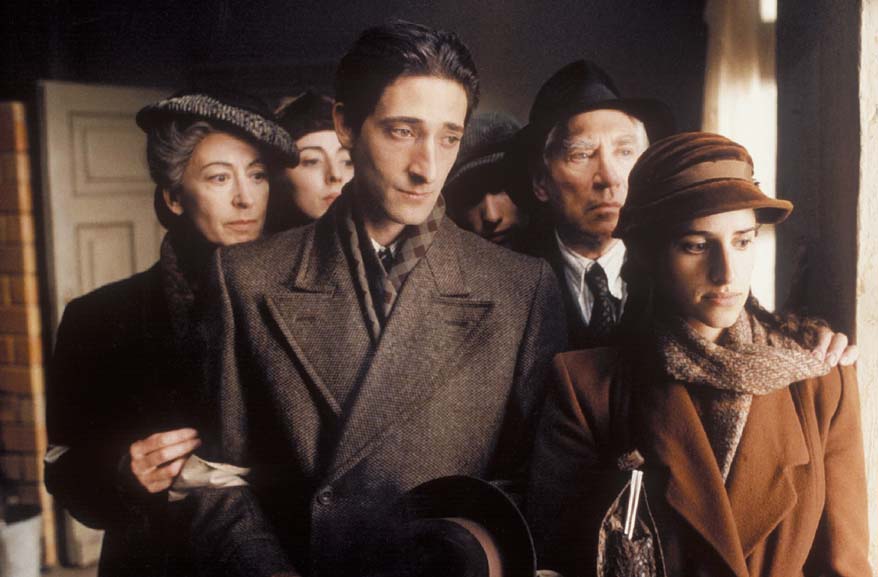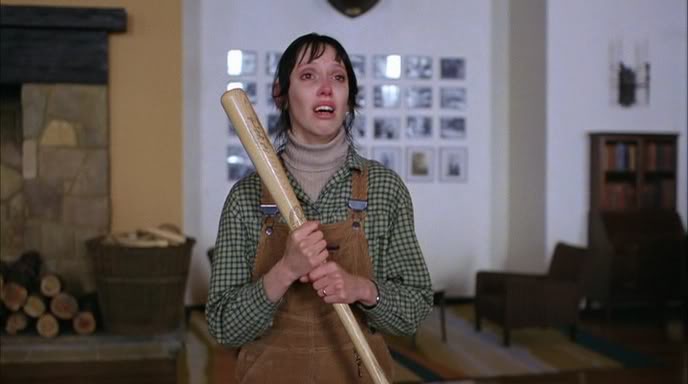4. Francis Ford Coppola: The Risk-taker
Those who have stumbled upon the little known horror film Twixt, might have been shocked to find out that the great Francis Ford Coppola was attached as director. The film which currently holds a 4,8 rating at IMDB and an audience score of 17 percent on Rotten Tomatoes- it’s so little seen that there’s not even a critical consensus- is not exactly what you would consider prolific.
This is from a man who directed several of the greatest films of history. One might beg to ask; what happened? But in truth, nothing really has changed. From the beginning of his career, Coppola has been taking risks, again and again, sometimes failing and sometimes succeeding. To Coppola that is the purpose of being an artist; ”…with any sort of art you have to take risks. Not taking risks in art is like not having sex and then expecting to have children.”
To truly understand how much Coppola is willing to risk one only has to look into the making of one of his masterpieces Apocalypse now, a film that nearly cost his life. The stories of all the troubles behind the scenes are legendary, which are documented famously in Heart of darkness: a filmmaker’s apocalypse.
It’s again an example of artist fighting with all the elements around him to stay true to his vision. There was bad weather, a typhoon that shut the production down temporarily. There was the star of the film who was fighting his own battles with alcoholism. There was Marlon Brando in a key role who was his usual difficult self. To make things easier on the director he cast Dennis Hopper in a part, who had to be supplied large dosages of cocaine to function properly.
There was his troubling crew who loved to party almost as much as Dennis Hopper did. The film went over-budget and Coppola had to pour his own finances into the project which threatened to bankrupt him. It was his utter madness and its an absolute miracle that the film was even finished and that it wasn’t an incoherent mess.

The film might have become a success later on, but it’s the ideal example of how much freedom filmmaker’s had in the seventies. Naturally, no cinephile in the world would want things to be any different now, but there were serious consequences. Martin Sheen suffered a heart attack during filming, which Coppola blamed himself for.
Coppola’s own mental state deteriorated during filming, leading him to consider consider suicide several times during the film. Yet history was made and no collection of greatest cinema is complete without it. Coppola latest films might never reach such madness again, but maybe that’s better for everyone who would have been involved.
But even now, even if Coppola takes it easier, his last few films should not be ignored. They should be applauded for doing something different, as many filmmakers of today are keen to play it safe. Naturally many film buffs would mention The Godather Part 3 as an example of him having sold out, but if one would look at his last three films -Youth without Youth, Tetro and Twixt- we can see the side of Coppola that is willingness to experiment, instead of play it safe like many of his peers.
Not all of them work perfectly, but as he said in his own words; ”I think it’s better to be overly ambitious than being underambitious and succeed in a mundane way.” And with a smile, he would look at one of his failures and say; ”I failed upwards!”
3. Roman Polanski: The Survivor
It’s impossible to discuss the case of Roman Polanski’s personality without mentioning the sexual abuse scandal. On the one hand he’s a filmmaker who’s made some incredible contributions to the medium but he’s also the man who raped a thirteen year old child.
Though the court case had been shrouded by controversy, as can be seen in the documentary Roman Polanski: wanted and desired, Polanski fled from sentencing in 1978 and has since then never meted out his formal judicial punishment. Still many acclaimed American actors flock to another country to work with the director. Many find this morally reprehensible, citing him to be the prime example of how Hollywood protects those guilty of moral turpitude.
But even before the infamous case, his life has been filled with horror. Being the child of Jewish descent living in Poland during world-war 2, Polanski had to hide and flee from death at several occasions. For a long time he lived as a bum in the ghetto as both his parents were captured and send to concentration camps.
In an moving interview he has told about hearing screams and shots from his upstairs neighbors. He would talk about witnessing the murder of an old Yiddish woman being shot in the back. His father would eventually survive but he would lose his mother, who was pregnant at the time, sadly perished in Auschwitz.

Later in life he would lose his second wife Sharon Tate, in the hands of Charles Manson and his posse, she was also pregnant at the time. It would be the greatest regret of his life that he was not there at the time. His sexual-abuse victim Sarah Geimer has written a book about her experiences with Polanski, The girl. She has stated that she had forgiven him for his crime and wished he could return to America to put everything to bed.
Many still disagree, and even in his native country Poland, the majority would not want to see him escape another trial. Even with the controversy surrounding his figure his last films have received overall positive reviews.
In 2002, he won an oscar for best director for The Pianist, which dealt with the subject of the holocaust. He incorporated autobiographical elements in the film and considers it his best film; ”if any film cannisters would be placed on my grave, I’d like them to be ‘The pianist’s.”’ His friend Harrison Ford flew all the way to France to give him the award.
2. Stanley Kubrick: The Authentic Hipster
Stanley Kubrick is is considered among his peers as a rebel of the Hollywood establishment, just like his fellow masters Orson Welles and Robert Altman, he has never won an Oscar for his directorial services. Many cinephiles this is an absolute crime, as numerous of his films deserve the highest recognition. But, reflecting on Kubricks life and what he stood for, it doesn’t seem likely that it bothered him much.
Kubrick, though often unfairly known as a recluse, had little interest in the LA scene. Kubrick, according to his biographer Michael Herr, was not a recluse but had no interest in the spotlight. He enjoyed the quiet life, living with his family and his animals- he reportedly had several dogs and sixteen cats. Unlike one of his dearest friend Steven Spielberg, he was never interested in making a blockbuster.
All he wanted was the resources to do what he loved best; which was making movies. To Kubrick, cinema was a magic medium that had to be respected. It was this respect for his craft that can be seen in all his films. It didn’t mean however, that it made Kubrick always a pleasure to be around.
Like many directors on this list, Kubrick was demanding of his cast and crew. He desired complete authenticity and because of this he would endlessly rehearse and reshoot a scene until it was right. Many suffered under his meticulous directing, most notably Shelley Duvall during the filming of The Shining.
Notoriously well-read, he felt that Shelley Duvall’s performance as a battered housewife wasn’t authentic enough and using his extensive knowledge of psychology, he created a hostile environment around her. In one pivotal actress had to endure a grueling 127 takes until the director was satisfied.
In order for her sense of isolation to feel accurate to his senses, he would tell the cast and crew to show no sympathy for her. Shelley would break down in tears at several instances and due to the stress would even suffer hair loss. She would show the clubs of hair to Stanley to show what he was doing to her.

Yet, if one would mention his cruelty, there’s no denying his humanity too. He was extremely protective for the child co-star Danny Lloyd, not wanting him to know that the film was a horror film. The actor never knew the genre of the film until he was sixteen, when he finally saw the film.
The fact that he didn’t traumatize the kid to garner a realistic performance shows that the seemingly harsh director does have a soft spot. His affinity for the innocent is also apparent in his home life, being a devout family member and adoring the company of animals.
Kubrick could be described as the ultimate hipster, a man of deep intellect with no interest in conformity. He loathed cheap sentiment, the superficial fluff of the masses. He would rant about the lies of politicians and the lies we tell ourselves. There was no one like him and there never will be.
Though Shelley had to endure a lot of hardship during the shoot, she had stated that she wouldn’t trade the experience with anything, ”I wouldn’t want go through it again,” she concluded thereafter. Even so, there’s no denying that many simply envy her, for having been able to meet the man.
1. Orson Welles: The Underachiever
Calling Orson Welles the underachiever might seem ridiculous. This is after all, the author of what is often hailed as the greatest film ever made; Citizen Kane. The technical achievements as well as the manner of storytelling is still being replicated to this day, even if the film is over seventy years old. Not to mention he was only twenty-five at the time. How could Orson Welles ever be considered an underachiever?
One would only have to look at his death in 1985, where he was alone, working on his planned magic show. Though the filmmaker was an avid magician, and there’s certainly no shame in that, it cannot be denied that the filmmaker seemed destined for more. He might have been working on another cinematic masterpiece before his death, were it not for his inability to play ball in Hollywood. His life is riddled with unfinished films, and even the ones he made were often held back by budgetary constraints.

It wasn’t just that his films were often commercial unenviable, it was his artistic temperament that clashed with investors. He had high demands and was rude about it. His greatest flaw was that he could not tame himself. During meetings with producers he could not subdue himself long enough before lashing his out contempt for them- even they couldn’t tell by his demeanor already.
One could consider him the prime example of what happens when people receive success far too early in their lives. Many cited the rise of fall of Charles Foster Kane as a symbol for Orson welles too. When you’re God for short moment of your life, it takes a lifetime to feel like a normal human being again.
Orson Welles is like many of this list, a true artist but a human being with its flaws and idiosyncrasies. Sometimes these men find the means to express their craft, sometimes their personality gets in the way. According to Welles, he “started his way at the top and worked his way down.”
Maybe there’s a truth to that but he forgets one thing, most of us are down here anyway, and when we look up to the top, he’s still there; our very own Rosebud.
Author Bio: Chris van Dijk is a writer and a self-proclaimed cinematic-connoisseur who started his unhealthy obsession with film at a very young age. He’s famous for being an incredible slob, taking himself way too seriously and getting along brilliantly with anyone who agrees with him.